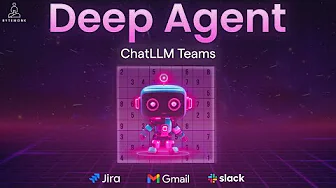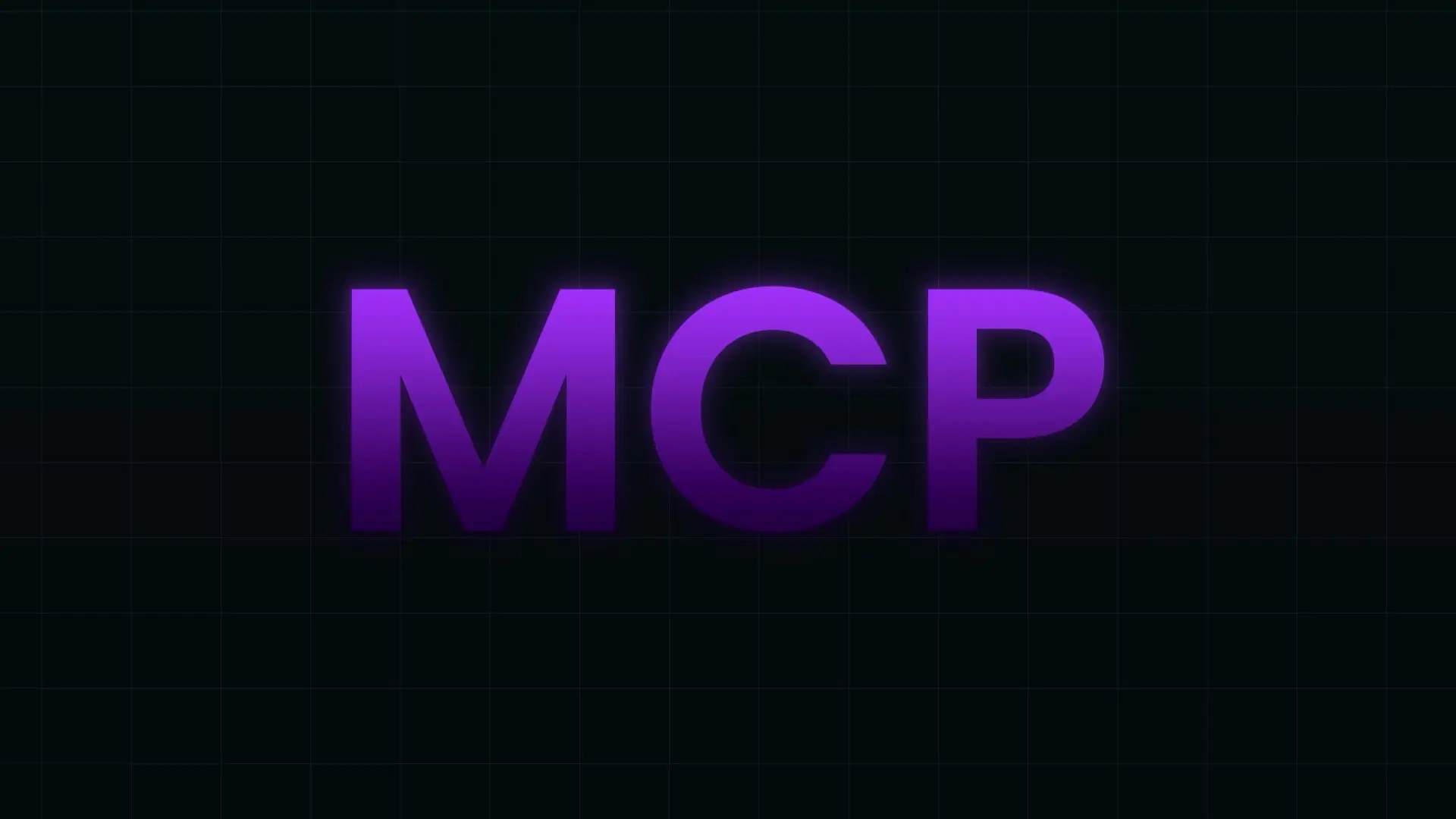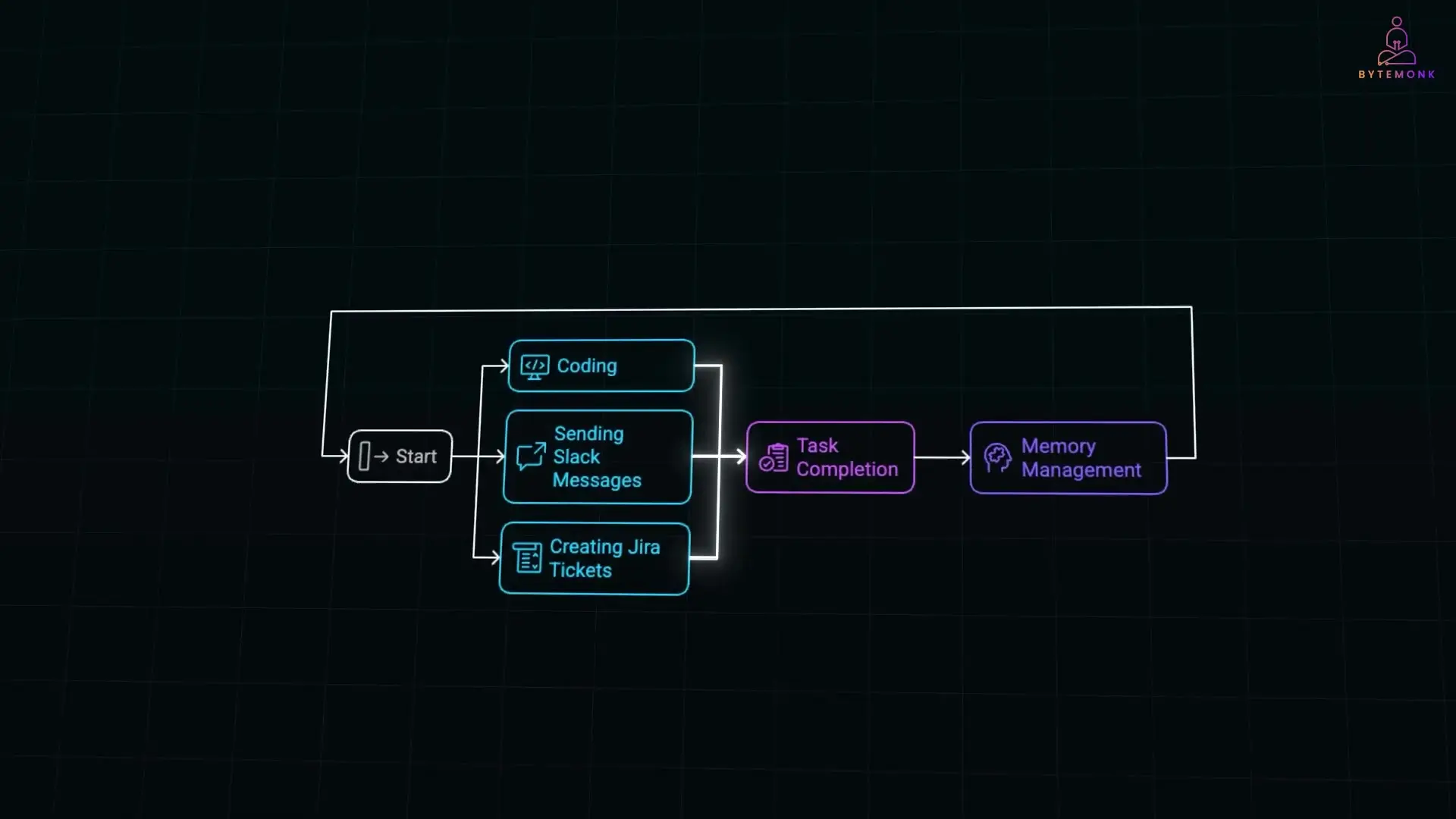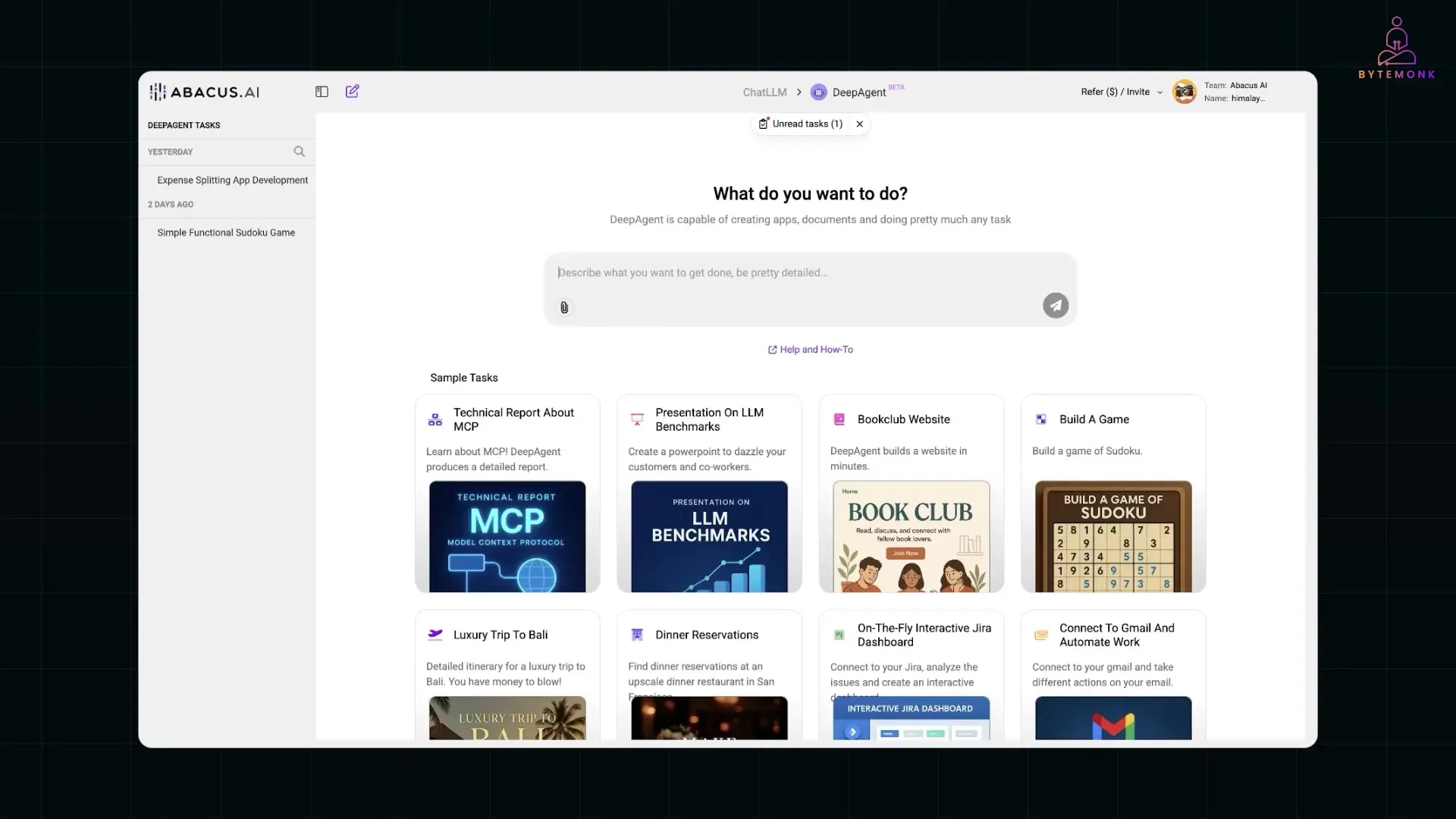
The world of artificial intelligence is experiencing a significant evolution. While AI assistants have become commonplace for answering questions, summarizing articles, and drafting emails, they still operate at a fundamental level - responding only to direct instructions without taking initiative. This limitation is where autonomous AI and specifically AI agents are creating a revolutionary shift in how we interact with intelligent systems.
The Fundamental Difference Between AI Assistants and AI Agents
AI assistants are like helpful interns who execute specific tasks when instructed but remain idle until given the next command. They excel at isolated tasks but lack the ability to connect multiple steps into a cohesive workflow without human guidance. In contrast, AI agents represent a significant leap forward in autonomy and capability.
AI agents, powered by technologies like Model Context Protocol (MCP), can understand overarching goals, break them down into logical steps, select appropriate tools, and execute complex multi-step tasks independently. Rather than waiting for instructions at every turn, they take initiative to achieve objectives while adapting to changing circumstances.

Understanding Deep Agent and the Power of MCP
Deep Agent, developed by the team behind Chat LLM Teams, represents one of the most advanced implementations of autonomous AI agents. What makes Deep Agent particularly powerful is its foundation in Model Context Protocol (MCP), a sophisticated system that enables different AI components to communicate effectively while maintaining context throughout complex processes.
MCP isn't just a technical specification - it's the critical infrastructure that allows AI agents to function coherently across multiple domains. Think of MCP as a shared language that different specialized AI components use to coordinate their efforts, similar to how members of a high-performing team communicate to accomplish complex goals.
How MCP Works Under the Hood
Deep Agent isn't a single monolithic AI but rather a coordinated team of specialized components working in harmony. MCP serves as the coordination mechanism that keeps everything synchronized through three key components:
- MCP Client: Interfaces with various tools and services
- MCP Server: Manages the overall context and coordination
- Message Protocol: Ensures standardized communication between components
This architecture allows Deep Agent to seamlessly transition between writing code, communicating through platforms like Slack, managing Jira tickets, and various other tasks without losing track of the overall objective. The MCP framework maintains context throughout the process, allowing for coherent execution across multiple domains.

Real-World Applications of MCP-Based AI Agents
The true power of MCP-based agents becomes evident when examining practical applications. Here are three compelling use cases that demonstrate how AI agents using MCP can transform productivity and problem-solving:
1. Autonomous Game Development
Traditional game development requires expertise in front-end design, back-end logic, testing, and deployment - typically involving multiple specialists. With an MCP-powered AI agent like Deep Agent, you can simply describe your vision: "Build me a browser-based puzzle game with a timer and score tracker."
The agent will then autonomously:
- Plan the game architecture
- Write front-end code using appropriate frameworks (React, HTML/CSS)
- Develop the back-end logic
- Test functionality across components
- Deploy the completed game to a live URL
This entire process happens without requiring the user to write code or provide step-by-step instructions, though users can intervene and make adjustments at any point. The result is dramatically accelerated prototyping and development capabilities.
2. Workflow Automation Across Tools
For teams managing tasks across multiple platforms, MCP-based agents offer unprecedented integration capabilities. Consider automating the process of creating Jira tickets from Slack conversations - a task that traditionally requires custom bot development, API integration, and ongoing maintenance.
With an AI agent using MCP, you can simply describe the desired workflow in plain language: "When someone mentions 'urgent' in the #engineering channel, create a Jira ticket, assign it based on team roles, and send a reminder before the due date."
The agent handles all the technical implementation details, including:
- Establishing connections to both Slack and Jira APIs
- Setting up appropriate event listeners and triggers
- Implementing business logic for task assignment
- Creating notification systems for reminders
- Deploying the complete automation without requiring manual coding

3. Autonomous Research and Presentation Creation
MCP-based agents excel at tasks requiring information gathering, analysis, and presentation. For example, when tasked with creating a competitive analysis of AI startups in healthcare, an agent can:
- Research multiple companies from public sources
- Extract key information about funding, features, and market positioning
- Analyze competitive advantages and market gaps
- Organize findings into a structured presentation
- Generate professional slides with appropriate visualizations
This process, which might take a human team several hours or days, can be completed by an MCP-powered agent in a fraction of the time while maintaining high-quality output.
The Technical Foundation of Building AI Agents with MCP
For developers interested in understanding how MCP enables AI agent functionality, it's important to recognize the key technical components that make this possible:
- Context Management: MCP maintains a persistent understanding of the task's current state, history, and objectives
- Tool Integration: Standardized interfaces allow agents to interact with external services and APIs
- Planning Algorithms: Sophisticated planning capabilities enable breaking complex goals into achievable steps
- Memory Systems: Both short-term working memory and long-term storage of relevant information
- Feedback Loops: Continuous self-assessment and correction mechanisms
These components work together to create AI systems that can operate autonomously while maintaining coherence across multiple domains and tasks. The MCP integration with frameworks like FastAPI further enhances the ability to deploy these agents in production environments.
# Example of a simplified MCP server implementation
from fastapi import FastAPI, WebSocket
from pydantic import BaseModel
app = FastAPI()
class MCPMessage(BaseModel):
context_id: str
task: str
status: str
data: dict
@app.websocket("/mcp")
async def mcp_endpoint(websocket: WebSocket):
await websocket.accept()
while True:
data = await websocket.receive_json()
message = MCPMessage(**data)
# Process the message through the agent's planning system
response = await process_agent_task(message)
# Send back the updated context
await websocket.send_json(response.dict())The Future of AI Agents and MCP
As MCP technology continues to evolve, we can expect AI agents to become increasingly capable of handling complex tasks with minimal human supervision. The difference between AI agents and traditional assistants will become even more pronounced as agents develop enhanced reasoning capabilities, better tool usage, and more sophisticated planning algorithms.
For businesses and developers, understanding the distinction between basic AI assistants and autonomous AI agents using MCP will be crucial for leveraging these technologies effectively. While assistants will continue to serve valuable roles in direct human-AI interaction, agents will increasingly take on complex workflows that previously required significant human oversight.
Conclusion: The Transformative Potential of MCP-Based AI Agents
The emergence of MCP as a foundation for AI agents represents a significant advancement in artificial intelligence capabilities. By enabling coherent operation across multiple domains and tasks, MCP allows AI systems to move beyond simple assistance to true autonomous problem-solving.
Tools like Deep Agent showcase how MCP-based agents can transform productivity by handling complex workflows independently - from building applications to managing team communications and creating research deliverables. As these technologies continue to mature, they promise to fundamentally change how we interact with AI systems, shifting from instruction-based interactions to goal-oriented collaboration.
For developers, product managers, and business leaders, now is the time to explore how MCP-powered AI agents can enhance workflows, accelerate development, and unlock new capabilities that were previously constrained by the limitations of traditional AI assistants.
Let's Watch!
How MCP Powers AI Agents: Beyond Basic Assistance to Autonomous Problem-Solving
Ready to enhance your neural network?
Access our quantum knowledge cores and upgrade your programming abilities.
Initialize Training Sequence